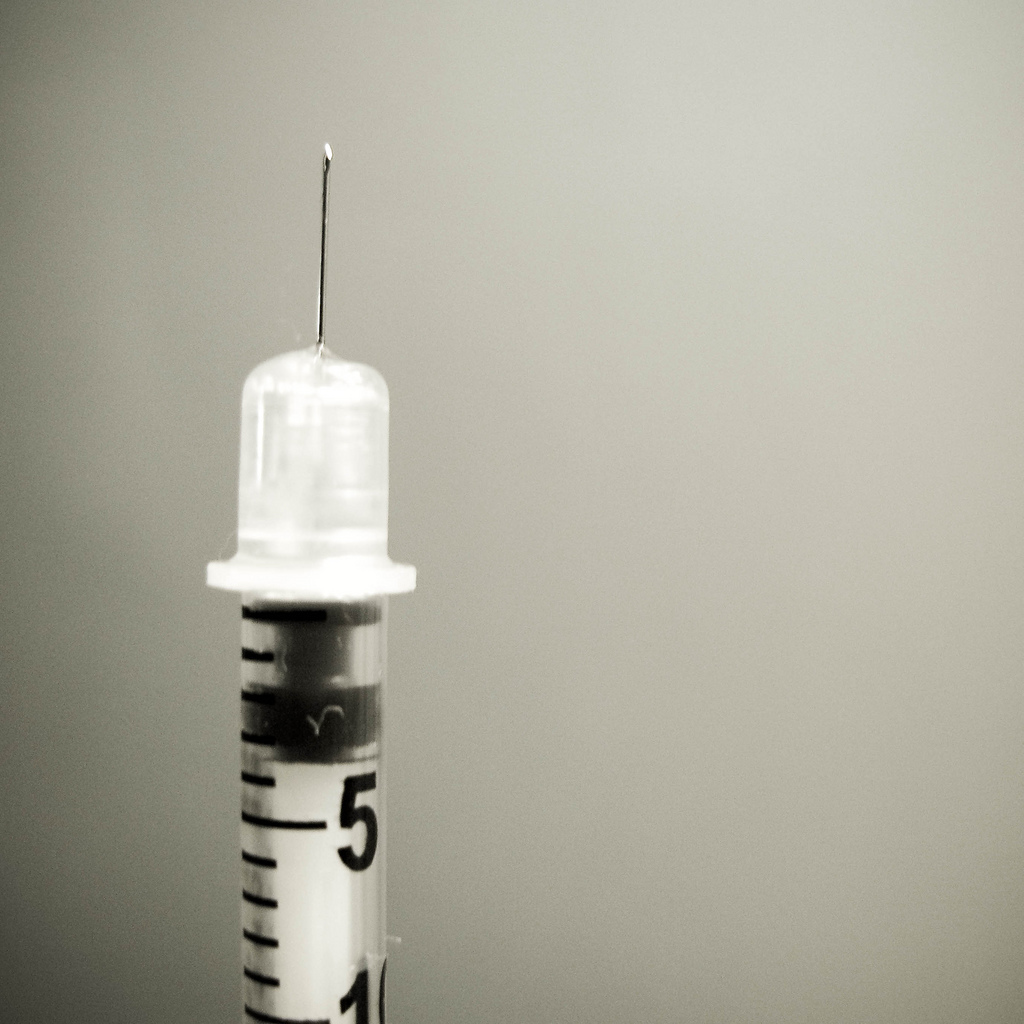
Colorado has become the first state in the country to pass legislation to cap the amount that residents must pay out-of-pocket to obtain insulin. Colorado Gov. Jared Polis signed a bill into law capping insulin co-pays at $100 per month, regardless of how much insulin a patient uses. At the event for the signing of the bill, Gov. Polis said, “Today we will finally declare that the days of insulin price gouging are over in Colorado.” The cap will go into effect on January 1, 2020.
The law does not change or limit what insulin manufacturers can charge insurance companies, instead only capping what patients are required to pay. Under the law, the insurance companies will pay anything more than the $100 co-pay to the insulin manufacturers. The law also requires Colorado Attorney General Phil Weiser (D) to start investigating the rising prices of insulin in the state. A report to the legislature on the matter, including a summary of insulin pricing practices, public policy recommendations, and recommendations for improvement, will be published on November 1, 2020.
The American Diabetes Association (ADA) has voiced its support for the Colorado legislation. According to the agency, more than 400,000 Coloradans live with diabetes and nearly 20,000 residents are diagnosed with diabetes every year. Many people with Type 1 and Type 2 diabetes rely on insulin to control their blood sugar levels. Taking less than prescribed or skipping doses can be life-threatening.
The average cost of insulin has tripled over the last decade. According to a study published in the medical journal JAMA in 2016, the cost has risen from $4.34 per milliliter in 2002 to $12.92 per milliliter in 2013. Individuals with Type 1 diabetes spent, on average, $5,705 per person on insulin in 2016, according to a report from the Health Care Cost Institute.
The bill was sponsored by Democratic state Rep. Dylan Roberts. Roberts, 29, lost his brother, Murphy Roberts, to Type 1 diabetes in August 2016. Roberts said in a statement, “Knowing personally what living with Type 1 diabetes is like and the cost of it, this will mean a lot for the families and individuals in Colorado.”
